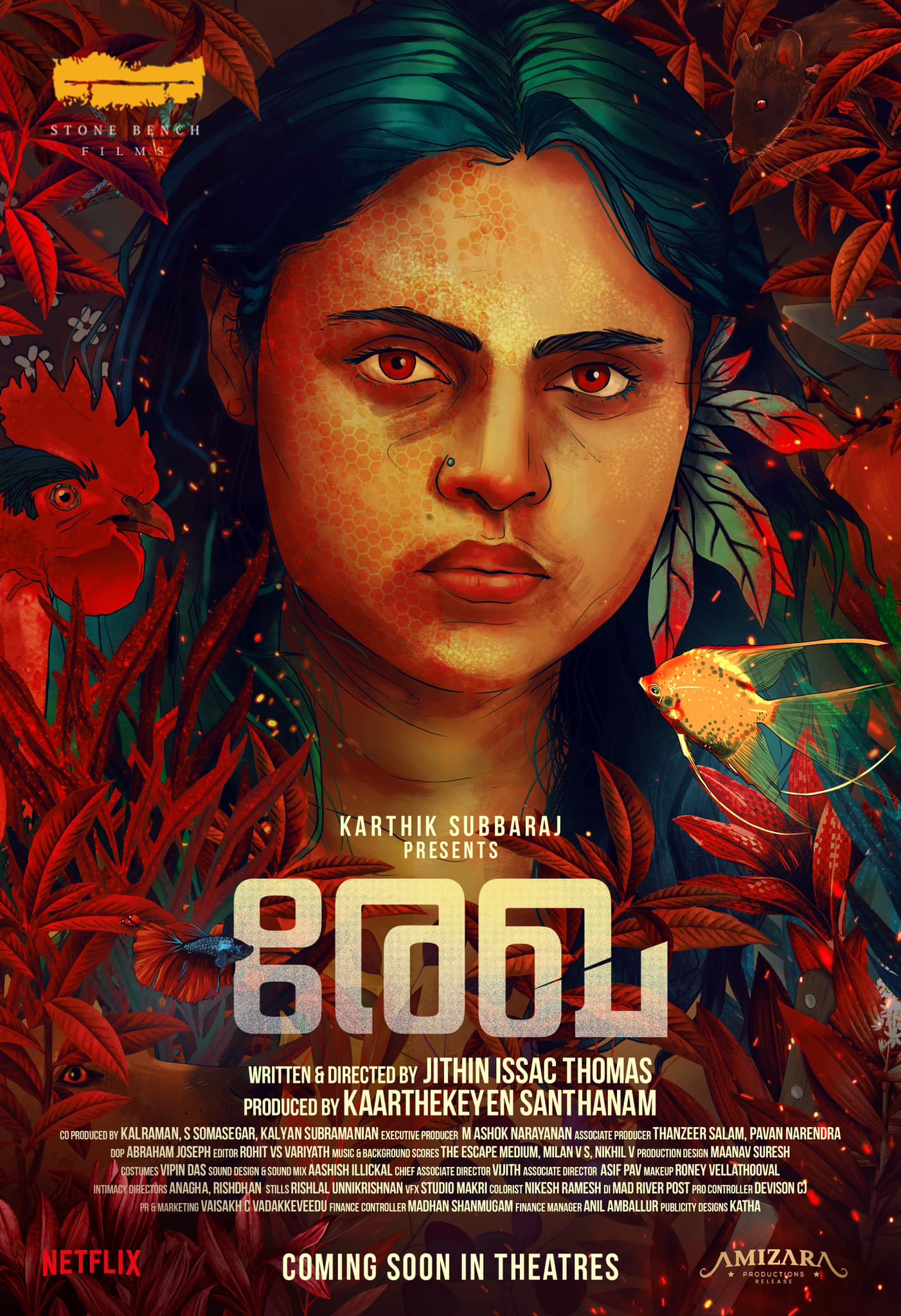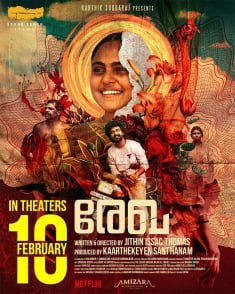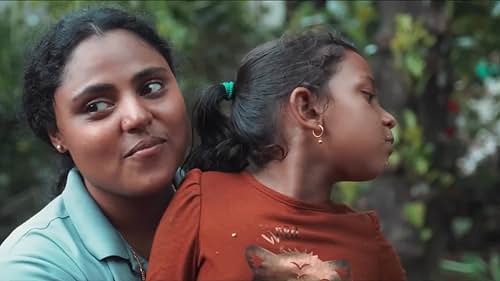Of the numerous films that arrive and leave the visual perception of the audience, only a few attempt to make a critically conscious feminist impact. One among them is the Malayalam film Rekha (2023). It is the second directorial venture of Jithin Issac Thomas after Attention Please in 2021.
Set in the remote areas of Kasargod, the film presents the budding adult years of Rekha, a former sports person who is now preparing for competitive exams
Set in the remote areas of Kasargod, the film presents the budding adult years of Rekha, a former sports person who is now preparing for competitive exams. The film script has mindfully included the Kasargod nuances in the form of dialects, lexicons and also, the patriarchal mindset which oppressed the protagonist Rekha. The film follows the love affair between Rekha and Arjun, and the sudden turn of events in their lives.
Distorted Image of feminism in Rekha
The film Rekha, though meant as a feminist film, often breaks away from the said perspective to represent feminism with masculine power. The pitfalls it creates are so confusing that the viewers may find it hard to differentiate between the intended and the conveyed meanings. A specific instance of this misconception is in the dialogue delivered by Rekha to Arjun, ‘. . . I have had much more experience with knife than you had, though in the kitchen . . .’
This dialogue must have been written with a lot of thought but the scene it appears is so grave and demanding that such words give it only a petty appeal. Another instance of this distortion is the depiction of the sportsperson authority exerted by Rekha. In her mannerisms at times and through her tomboyish dressing style, Rekha asserts from the very beginning itself that she is not an ordinary person.
In her mannerisms at times and through her tomboyish dressing style, Rekha asserts from the very beginning itself that she is not an ordinary person.
When the circumstances surrounding her drastically changes, she levitates her latent energy and thereby, almost everything surrounding her changes widely. She becomes so engrossed in thoughts that her body command declines and she starts hurting herself just as a man would, caught up in similar circumstances.
Later in the film, she overcomes her emotions after her understanding of the realities and thereafter, her physical self takes control over her life, making her seek revenge to calm her soul. In all of these, the film has failed to portray the essence of the feminine energy or what feminism actually stands for to the vast majority of the audience who still find it hard to understand that feminism means equality. It shows the misconception surrounding feminism in the mind of the film creator to equate masculinity with feminism.
The message of empowerment through Rekha
Even as a girl from a remote location, Rekha has always sharpened her mind and kept herself far removed from her native place. Her interest in sports and the consent of her parents to support her in pursuing her dreams are without doubt great example for the empowerment she receives. Similar is the case when Rekha says that she wants to study for government exams and not get married sooner. These keeps her rooted and her growth as a confident individual makes her worthy of trusting herself.
Rekha could also clearly understand her hamartia leading to the problems in her life. She vividly puts them into words in the climax scene. This level of self-awareness is usually very rarely attributed to female characters, especially for a woman of her surrounding. It is empowering and inspiring at the same time. In short, the film calls for empowering women not just through education but also by supporting their dreams so that they stand on their own and determine the course of their life and not just live life following the dictations of the powerful.
The father-daughter bond in Rekha
Rekha is much closer to her sympathetic father than to her angry mother who never misses out on even a single opportunity to chide her. She dismisses any sort of disrespect from Rekha with her sharp taunting and warns her husband about how the behaviour of Rekha is different from her peers.
Rekha is much closer to her sympathetic father than to her angry mother who never misses out on even a single opportunity to chide her.
Her father supports her decisions with positivity whether it’s her choice to study in a sports school or her ambitions for a government job. He understands that marriage is not the most essential for Rekha at the age but her effort towards her dreams is.
Therefore, he supports her even when it invites enmity from his close relatives. His empathetic parenting grants her the right to demand for her choices and therefore, she gets the strength to believe in herself. On the other hand, Rekha understands and cares for her father. She could never bear any harm done to her father for her actions. And hence, she finds it hard to imagine a life without him and therefore, she is ready to go to any extent to protect him.
As a whole, the film has made sincere attempts to contribute to the feminist wave in Malayalam cinema, but owing to the lack of required knowledge about the placement of the theme under the title of feminism, the film has failed to capture the viewer’s attention. The use of native dialect combined with the regional lexicon of Kasargod make it difficult in comprehending the film at first but, it becomes effortlessly simple especially in the second half with the flow of events.
In spite of all these, the lead actors Vincy Alosiyus who played Rekha, bagged the best actor state award for her performance in the film and Unni Lalu, who played the role of Arjun as well as the rest of the team have done an excellent job in acting and realistically navigating the film forward. Had the film not attempted to sound and look so much like 22 Female Kottayam (2012), and had made the plot aligned to a new theme, it would have attracted more positive response.
About the author(s)
Vidhu (she/her) is an emerging writer with Masters in English language and literature, keen on learning the politics of the world around her. She has dreams to create a career in journalism and writing, where she unburdens her self. She has a great taste for movies from varies geographical spans and pens down poetry in magical charms. She is open to projects or research centring on humanities.







